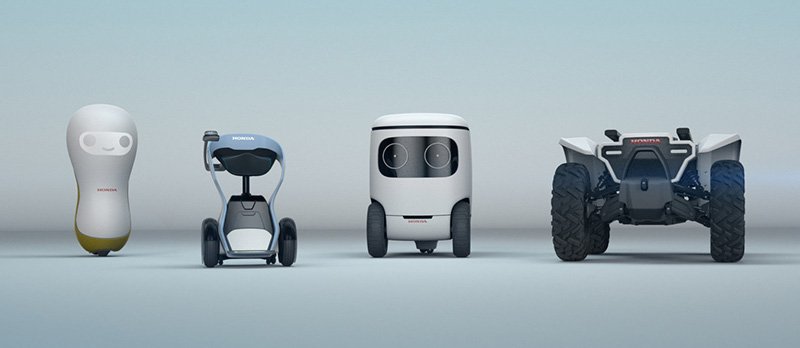Honda: Robots Can't Fully Replace Humans In Car Production, Yet

There are enough doom and gloom stories in the media about how robots are coming for our jobs, and soon they'll be making witty car puns. However, if you look to automakers, an industry that does use robots, some are adamant about the integral part human workers play in the car-building process. Honda is one such automaker.
"We can't find anything to take the place of the human touch and of human senses like sight, hearing and smell," Tom Shoupe, the chief operating officer of Honda's Ohio manufacturing unit, said in an interview with Bloomberg.
For Honda, humans are important during the final assembly process. The level of automation hasn't changed much since Honda's Marysville plant opened with workers installing wheels, engines, and interior trim components. Honda uses about 20 robots during final assembly at the plant.
"You have to have timing," said James Erwin, 47, a 15-year Marysville veteran told the publication. "I don't think robots can take over. They don't have the manual dexterity or judgment that we have."
At this year's Detroit Auto Show, the 2018 Honda Accord, which is built in Marysville, won North American Car of Year award.
Both Mercedes-Benz and Toyota are relying on human workers with Mercedes actually moving toward using more humans. However, not all automakers are going this way. Tesla is trying to go in the opposite direction.
"You really can't have people in the production line itself. Otherwise you'll automatically drop to people-speed," Musk said on an August 2016 conference call when describing his eventual automation plans, according to Bloomberg. "There's still a lot of people at the factory, but what they're doing is maintaining the machines, upgrading them, dealing with anomalies. But in the production process itself there essentially would be no people."
Tesla and Honda think differently about automotive production and what's important in the car-building process. Tesla has had several issues getting production for its Model 3 off the ground and up to the promised capacity over the last few months. Whichever way automakers decide to go on the use of robots, it's clear humans will play an integral role for years to come.
Related News
